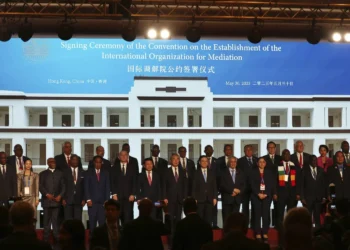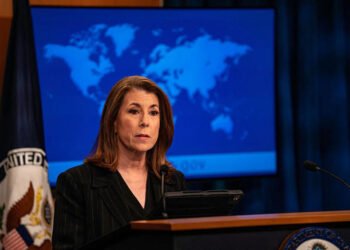For the first time in weeks, South Africans are allowed to buy alcohol and cigarettes as the government relaxes lockdown restrictions introduced to curb the spread of coronavirus.
Long queues of eager customers formed outside shops just hours after the new rules came into effect. The government said it had eased the lockdown because South Africa was seeing a decline in coronavirus cases.
It has recorded the highest number of cases and deaths in Africa. More than 500,000 infections and 11,000 deaths related to Covid-19 have been reported in the country.
Tobacco and alcohol firms opposed the ban on the sale of liquor and cigarettes, saying it was having a negative impact on business.
Medical experts, however, supported the ban, saying it was vital that people led healthy lives while helping to ease the pressure on health services.
Some experts say smokers can increase the risk of spreading the virus because they project droplets – and potentially Covid-19 if infected – when they exhale smoke.
Last week, Police Minister Bheki Cele said most types of crimes went down between April and June, including sexual assault and arson, because of the lockdown.
Also, he indicated that violence and property-related crimes went down by 29 percent. This is the second time this year that South Africa has lifted its ban on alcohol – after briefly doing the same in July.
Under the new “level two” guidance, people are also allowed to travel between provinces, while visits to family and friends are permitted in small groups of up to 10 people.
Parks and beaches have also reopened and sporting events can go ahead without spectators.
Alcohol sales are only permitted between 09:00 and 17:00 on Mondays to Thursdays, and South Africans are subject to a nightly curfew from 22:00 to 04:00.
South Africa’s alcohol ban saga
President Cyril Ramaphosa on July 12, 2020, reinstated the ba on alcohol sale. According to him, the decision had been made in order to free-up hospital beds occupied by those suffering from alcohol-related traumas.
“As we head towards the peak of infections, it is vital that we do not burden our clinics and hospitals with alcohol-related injuries that could have been avoided”.
“This is a fight to save every life, and we need to save every bed. We have therefore decided that in order to conserve hospital capacity, the sale, dispensing and distribution of alcohol will be suspended with immediate effect.”
He added that there was now “clear evidence” that a resumption of alcohol sales “has resulted in substantial pressure being put on hospitals, including trauma and ICU units, due to motor vehicle accidents, violence and related trauma”.
South African industry groups bemoaned the imposition by stating that the resumption of the ban on sales would affect up to one million people working as part of the “liquor industry value chain”.
The groups said they were “disappointed” with the decision, which they said had been made with “no warning” despite their “continuous engagement” with the government and the Department of Trade, Industry, and Competition (DTIC).







